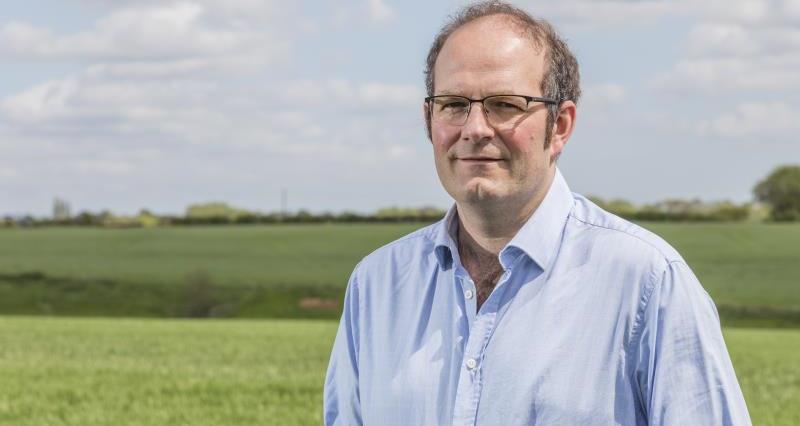From time to time we need to take a step back from the day job, look forward to try and see how things might look in the future to work out how we need to try and shape future policy. Now please don’t think I have a crystal ball but here in the UK we have some unique challenges which in some circumstances also offer opportunities.
One thing that’s never going to change is that we live on a densely populated island. With over 65 million people living on this tiny land mass I can understand why some of them want to question how, when and why we use plant protection products. Even the Defra Chief Scientist has accepted that science on its own is no longer enough and that people and politics will always come into the decision making process. We can stand firm, rebuff this suggestion and carry on pushing the rhetoric that science should be enough even if recent evidence shows other forces coming into play, which we have seen in actions against chlorothalonil, diquat, metaldehyde or neonicotinoids. I’m afraid that in the short-term the loss of products isn’t going away either as the implications of the endocrine disruptor review means that a number of key triazoles are likely to be lost.
So, if we accept that the current regulatory environment isn’t working how can we look to change things in a positive manner and what demands are the major food processors and ultimately their customers going to expect from us in the future?
Firstly, I’ll imagine myself as a major global brand with corporate responsibility and the reputation of a brand worth billions to protect. In this situation, as and when the technology becomes available, I would demand full traceability of how my food ingredients have been produced and exactly what products have been used to grow them. In the era of blockchain it is highly likely that this will become a reality over the coming decade. I don’t believe that many consumers are going to want to scan the QR code on the packet where all this information could potentially be available. But, for the brand, the knowledge that if there is a food scare they would quickly be able to refute any claim of involvement, this information and the integrity it gives them would be very powerful.
Secondly, if I look at this from a regulatory point of view, there is a criticism that once a product has been authorised they lose track of how, when, where and why the product is being used. In the field of human medicine there would be a controlled release of a new medicine that can be fully monitored to see if there is any impact on a wider pool of participants in the trial. With agriculture this is not really possible because any long-term environmental impacts are more difficult to see over a shorter time frame of controlled release.
The third view is that of the Chief Scientist, who is fed up with the current system where often the only option is an outright ban of a product, the good old sledgehammer to crack a nut. It may be possible for smarter regulation to allow the product to continue to be used in certain catchments while being withdrawn in other catchments. He believes that in the future a properly functioning regulatory system could be operating at a catchment basis.
I hope reading the above you can see that we are operating in a changing landscape. In the UK we already have the most professionally trained sprayer operators in the world producing some of the safest, most affordable food, but in the future I think the public and regulator are going to demand that we go further.
I would say as a professional food producer don’t be nervous – we already record all the information which is already being inspected by several organisations including HSE, RPA, Red Tractor and Food Standards Agency. We must now work out how we can use this data on farm to create a more transparent framework around the use of plant protection products is trusted by everybody in the supply chain including the ever more important environmental lobby.
If we get this right and the brands have full confidence in the primary food ingredient then it could lead to fewer imports displacing our products, strengthening the position of UK farmers in the supply chain and securing better access to the 65 million customers on our doorstep.
Plant protection products are a critical part of producing sustainable, affordable food for a growing population, but as an industry we need to convey the importance of these more widely and demonstrate that we have nothing to hide.
